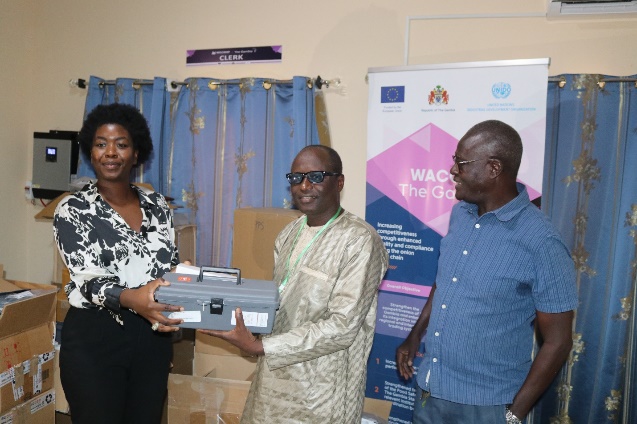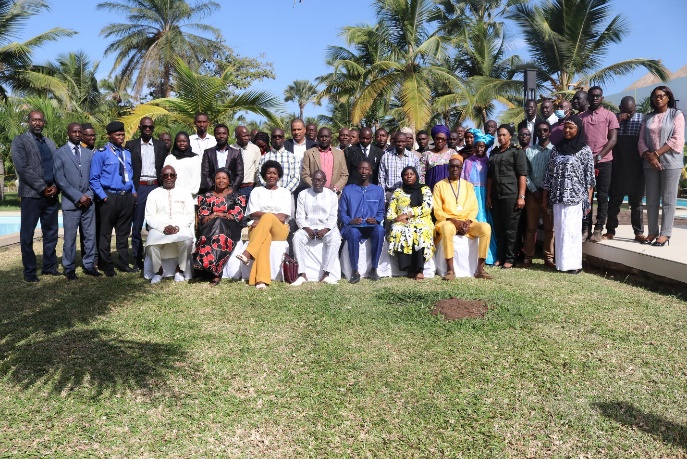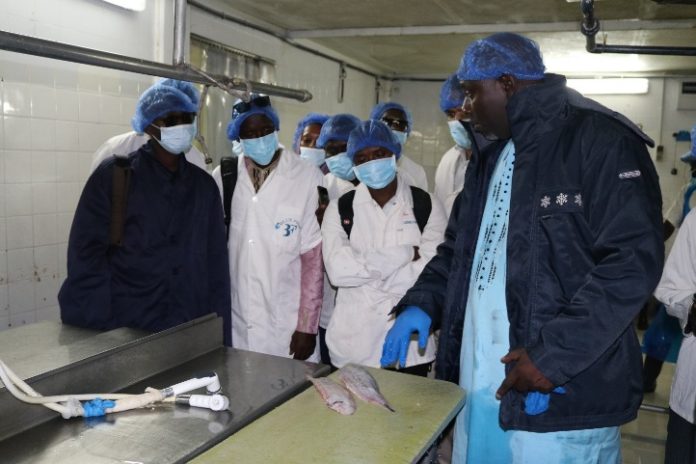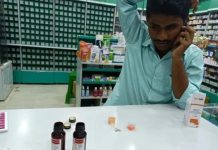By Kebba AF Touray
Africa is saddled with high rates of foodborne diseases and hazards that present significant challenges to its food system.
These challenges are indicative of Africa’s weak capacity to comply with food safety regulations, resulting in public health problems.
In addition, another challenge is the toll of unsafe food on food security and nutrition on the continent. The Gambia has her share of this ‘pandemic’.
In June 2022, a WhatsApp audio featuring a woman’s voice went viral. She claimed that fish vendors at various fish landing sites and fish markets are using snipers (dichlorvos) to preserve smoked fish. Despite a serious public outcry, the Food Safety and Quality Authority (FSQA) could not independently prove the use of the insecticide by fish vendors.
Samples from selected fish markets were sent to a laboratory in Senegal for testing. The test confirmed the presence of sniper (dichlorvos) and four other insecticide products in samples collected from Bakoteh Fish Market, a popular fish market at the heart of urban Gambia. The insecticides can cause heart problems and breathing difficulties.
FSQA is a government agency that seeks to control the safety and quality of food and animal feed. Although the objective of establishing the institution is clear, it is confronted with challenges, notably a lack of expertise and equipment to test food products to determine their quality and safety for public consumption.
With funding from the European Union, the United Nations Industrial Development Organization (UNIDO) under the framework of its West Africa Competitiveness Programme—The Gambia (WACOMP-GM) has committed efforts to support The Gambia in strengthening its food safety and quality control systems.
In January 2023, UNIDO supported FSQA in developing and validating the country’s 1st National Food Safety and Quality Policy, marking the birth of an effective food safety system pivotal in ensuring the safety of national food supplies as well as food products for regional and international trade.
Mamudou Bah, Director General of the Food Safety and Quality Authority, said the policy would strengthen food safety governance in The Gambia as well as promote and ensure the harmonization of institutional coordination and collaboration.
“In order to ensure that food consumed locally and internationally is safe and sound, a country needs to put in place the required political, legal, and institutional framework,” said Lumana Kasmashi of the EU.
Not just the policy, WACOMP-GM has provided laboratory equipment to FSQA and conducted a series of trainings aimed at developing the capacities of the authority’s staff in executing their crucial mandate. The equipment, including moisture analyser, heavy metal testing kit, aflatoxin testing kit, thermometers and refractometers, are helping FSQA in assessing the safety and quality of raw materials, intermediary and finished food products, including signals of possible adulteration.
“Now we can conduct testing and make informed decisions on food quality and safety through the use of the equipment supplied by WACOMP-GM,” Bai Dodou Jallow, Director of Scientific Affairs at FSQA, said.
“We are still confronted with many issues ranging from expired products, waste management, pests, infrastructure problems in the markets, and drainage problems, but such partnerships and support will help us overcome those issues,” he added.
The training helps the staff keep up with international standards in food safety.
“The approach our staff take needs to be standardized based on international standards, and this is what WACOMP-GM is helping us to do. The project is also helping us build the capacities of our laboratory officers, and we have conducted a series of trainings on international food safety standards such as HACCP. The project is also supporting our internal monitoring laboratory,” Bai Dodou said.
Abdoulie Jallow, Principal Food Inspector at the FSQA, rejoiced that the training they have received is crucial to improving their capacity to test for pesticide residues.

He also thanked WACOMP-GM for training inspectors of the institution on how to operate the testing machines, stating that the machines help them make decisions on the spot during inspections.
Adalberto Vieira, UNIDO International Quality Infrastructure Expert, highlighted various supports given to FSQA in the framework of the WACOMP-The Gambia Project. He underscored several activities and initiatives that were undertaken to support onion and allied value chain actors in the Gambia, including conformity assessment bodies, farmers, and food processors.
“The support includes the deliberation and validation of national food safety and quality policy, national laboratory policy, the provision of testing equipment, and the procurement of processing equipment for selected gardens, specifically in relation to food safety and quality policy,” he said.
Poor-quality and unsafe food products are some of the most critical issues in the Gambia’s quest to provide adequate, nutritious, and safe food to its growing population.
They also negatively affect the country’s ability to boost consumer health and hinder the growth of its regional and international trade.
With UNIDO’s development of the National Food Safety and Quality Policy and its continued provision of equipment and training for FSQA, there is hope that the country’s food control systems will be better strengthened to reduce and withstand these challenges.






















